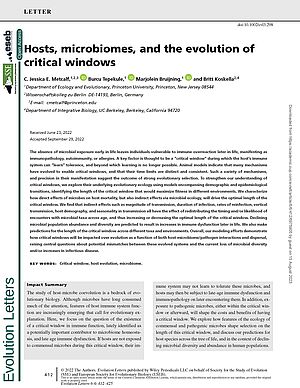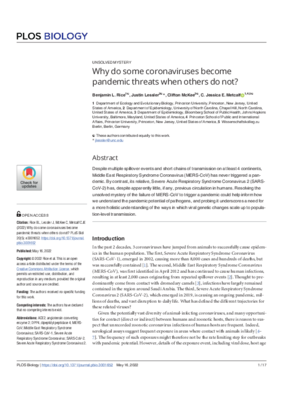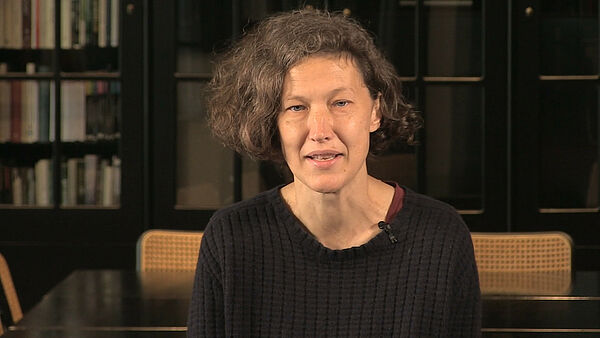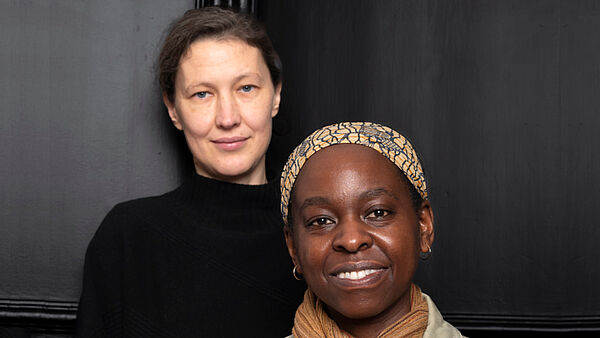
C. Jessica E. Metcalf, PhD
Associate Professor of Ecology, Evolution, and Public Affairs
Princeton University
Born in 1978 in Oxford, United Kingdom
Studied Biology at Oxford University and at Imperial College London
Project
From the Evolutionary Roots of Sex Differences to the Contemporary Landscape of Health
Male and female health is different, but just how much more vulnerable older males were in the SARS-CoV-2 pandemic may have come as a surprise. Sex differences in health, rooted in our biology and evolutionary history, combined with the effects of gender, have implications that span from our individual well-being to global health. A balance of the immune and resource requirements associated with competing and with caring for young will have forged the evolution of sex differences in immune system function in mammals. The field of immunology is rapidly expanding in scope and scale, with ever more detailed characterization both of processes of protection against infection or cancers and of the harm inflicted by the immune system itself (the immune system is quite a dangerous line of defence). The more we learn about the mechanisms underpinning immune function, the better equipped we are to understand the trajectory of the evolution of immunity and current facets of differences in health. In turn, this readies us to better meet the different treatment needs of different individuals and to understand how these differences intersect with and refract the shifting demographic and epidemiological global context.Recommended Reading
Metcalf, C. Jessica E., and Andrea L. Graham (2018). "Schedule and Magnitude of Reproductive Investment under Immune Trade-Offs Explains Sex Differences in Immunity." Nature Communications 9: 4391. https://doi.org/10.1038/s41467-018-06793-y.
Metcalf, C. Jessica E., Dylan H. Morris, and Sang Woo Park (2020). "Mathematical Models to Guide Pandemic Response." Science 369: 368-369. https://doi.org/10.1126/science.abd1668.
Mina, Michael J., C. Jessica E. Metcalf, Adrian B. McDermott, Daniel C. Douek, Jeremy Farrar, and Bryan T. Grenfell (2020). "A Global Immunological Observatory to Meet a Time of Pandemics." eLife 9: e58989. https://doi.org/10.7554/eLife.58989.
Colloquium, 21.09.2021
Ecology and Evolution of Hosts and Pathogens
Pathogens are part of our ecology, and we are part of theirs. Thus, pathogens have shaped our evolution and we have shaped theirs. To illustrate ways of thinking about this, I will probe some of the mysteries of coronavirus ecology; and recast some of the surprises of the pattern of impact of the pandemic virus on ourselves. First, addressing coronavirus ecology, there is a puzzling mismatch in the fact that, despite vast diversity in wildlife populations, and several conspicuous recent jumps from animal populations to spread in human populations, only a small number of coronaviruses appear to persist in human populations. Another puzzling issue is why, despite multiple jumps from camels into human populations, and despite overlap in many core characteristics with the pandemic virus, Middle-Eastern-Respiratory-Virus coronavirus has never been a pandemic threat. Second, considering the health impacts of the pandemic virus on ourselves, the extraordinary risk gradient of severe outcomes with age, and the varied patterns of severe outcomes across the sexes both point to features of our immune systems likely to be moulded by our evolutionary ecology.
This introduction sets the stage for my focus over this year: the roots and consequences of sex differences in health outcomes. Sex differences driven by the immune system must have deep evolutionary roots, and are driven by fascinating mechanisms springing from both chromosomal and hormonal differences. Taking a longer view throws up rich vagaries of research in evolutionary ecology, but might also illuminate individual health outcomes, and how they intersect with our rapidly changing environment, particularly at the margins of life, in the very young and the very old. Finally, both sex and gender differences in health will shape the landscape of transmission of infectious diseases, and intersect in particular ways with the research context (what is studied, and what we learn) and the context of care (who gets what treatment), which itself has deep and many faceted consequences for our health.
Publications from the Fellow Library
Metcalf, C. Jessica E. (Washington, DC, 2024)
Rapid growth and the evollution of complete metamorphosis in insects
Metcalf, C. Jessica E. (Chichester, 2022)
Hosts, microbiomes, and the evolution of critical windows
Metcalf, C. Jessica E. (Lawrence, KS, 2022)
Why do some coronaviruses become pandemic threats when others do not?
Metcalf, C. Jessica E. (Washington, DC, 2020)
Metcalf, C. Jessica E. (Wahington, DC [u.a.], 2020)
Mathematical models to guide pandemic response
Metcalf, C. Jessica E. (Cambridge, 2020)
A global immunological observatory to meet a time of pandemics
Metcalf, C. Jessica E. (London, 2018)
Metcalf, C. Jessica E. (Washington, DC [u.a.], 2017)
Opportunities and challenges in modeling emerging infectious diseases
Metcalf, C. Jessica E. (2013)
The Cinderella syndrome : why do malaria-infected cells burst at midnight?



